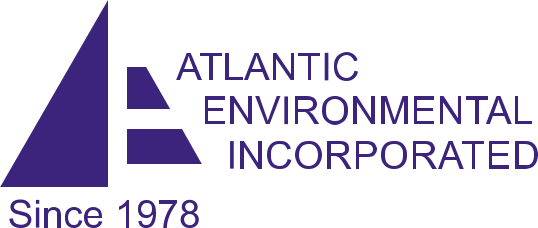For more information on Disaster Recovery Safety, contact us at 973-366-4660 orinfo@atlenv.com.
Written by Robert E. Sheriff, MS, CIH, CSP, President
September 20, 2017, Updated September 2019
What To Do After a Hurricane or Flood
Whether you are a homeowner, contractor, insurance claims adjustor, FEMA employee, rescue service, or just a disaster recovery volunteer, you may all be wondering what to do after a hurricane? Figuring out how to clean up after a hurricane can seem like a daunting task. There are a host of hazards you should be aware of and be able to protect yourself to prevent you from becoming a casualty. Staying safe during clean-up and thereafter is a top priority.
Flood and Hurricane Clean up List
MOLD AND BACTERIA
These are the most obvious hazards from storm surge, flooding, and rain. Mold can begin growing within a day or two especially in southern climates where heat and humidity always follow the hurricane. Bacteria from waste treatment facilities, flooding or power failures can discharge sewage, animal waste, and spoiled foodstuffs into floodwaters that must be cleaned up but also waiting for the opportunity to infect someone.
Mold can cause respiratory infections, trigger allergies, even infect and propagate in our bodies.
Bacteria can do the same, as well as cause infections and a host of diseases.
HEAT STRESS
Heat stress is another highly likely result of work in a storm ravaged area. We may desire to protect ourselves with protective suits, boots, gloves, and respirators but these can further increase the possibility of heat exhaustion and heatstroke. Having drinking water available, frequent breaks, and a place to cool off, or rest, can be lifesavers.
INSECTS
Insects, especially mosquitoes, abound in floodwater and flies propagate from spoiled foods, dead animals, and spoiled crops. Ticks, bees, and wasps are ever-present.
PETS AND OTHER ANIMALS
Often forgotten are dogs, cats and some exotic pets left behind that can inflict scratches or bites if not handled cautiously. Also, be aware of the possible presence of snakes and alligators.
DISASTER RECOVERY PLANNING
Developing a Disaster Recovery Plan or a Remediation Plan are vital elements of a thorough—and safe—recovery. The delay in making such site-specific plans will far outweigh the consequences of not being prepared for all the things that can affect getting back to normal and keeping it safe for workers and re-occupants.
OUR SERVICES
Staying safe during clean-up after hurricanes or floods is essential. Atlantic Environmental, Inc. has the manpower, equipment, and knowledge to provide these services. Feel free to contact us at 973-366-4660, email us at info@atlenv.com or fill out our online form.
Our primary service areas for Mold and Bacteria Sampling are: NJ, NY, NYC, PA, CT, DE, (Boston) MA, RI, Wash DC, WI, MD, MI, (Chicago) IL, VA, IN, (Atlanta) GA, AL, NC, SC, TN, (Dallas, Ft Worth) TX, OK, DC, AR, we can service most other areas of the U.S. but with some added travel charges.



